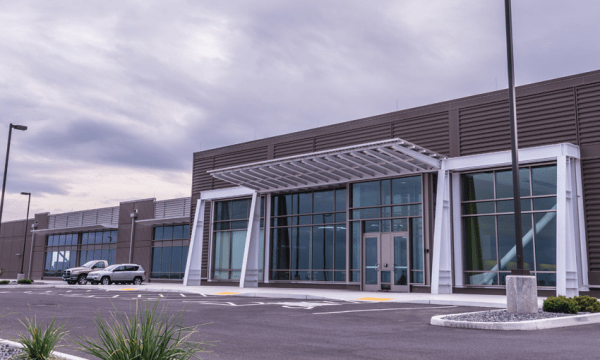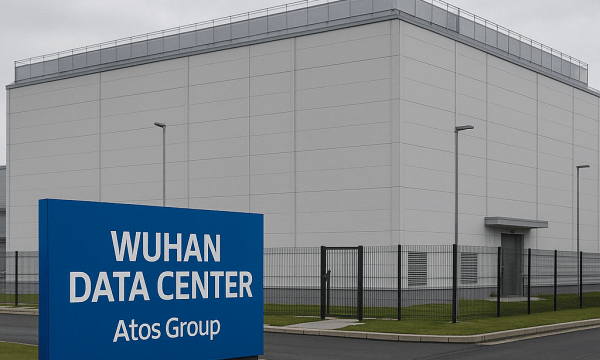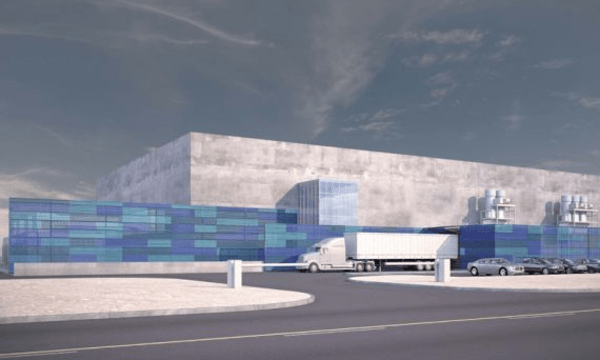Hubei Data Centers Locations (18)




































About Hubei, China Data Centers Market
Hubei Data Centers
Hubei Province, located in central China, is strategically important for the expansion of data center operations due to its central geographical location, significant population, and status as a transportation hub connecting various parts of China. The capital city, Wuhan, serves as a major economic and educational center in the province, further enhancing Hubei's profile as a potential site for data center investments. Hubei’s government is actively promoting technological advancements and digital infrastructure improvements as part of broader initiatives to modernize the province’s economy and enhance its attractiveness to high-tech industries.
The climate in Hubei varies, with hot summers and cool winters, presenting challenges and opportunities for data center cooling solutions. The province’s focus on sustainable practices and the development of renewable energy resources aligns with the data center industry’s shift towards reducing environmental impact and enhancing energy efficiency. Additionally, local incentives, including subsidies for technology projects and tax incentives for green energy usage, support the establishment and growth of data centers in the region.
Hubei’s robust infrastructure, bolstered by several major universities and research institutions, provides a solid foundation for the development of advanced data centers. These facilities benefit from the local talent pool, which is continually replenished by graduates in IT, engineering, and related fields.
What Makes Hubei Unique?
Hubei’s unique appeal in the data center market primarily derives from its strategic central location within China, making it an ideal distribution point for data traffic across the country. This central positioning is crucial for disaster recovery and business continuity services, as it allows for data mirroring across multiple geographic locations, minimizing the risk of data loss or service interruption due to regional disasters.
Additionally, Hubei’s rich educational landscape, with numerous universities and technical colleges, fosters a culture of innovation and research, particularly in fields relevant to data center technology such as cloud computing, cybersecurity, and big data analytics. This intellectual environment encourages collaboration between academia and industry, leading to the continuous improvement of data center technologies and operations.
The province also benefits from the Chinese government’s broader push to develop the inland regions as new high-tech hubs, reducing the economic concentration in coastal areas. This development strategy includes upgrading telecommunications networks, power grids, and transportation infrastructure to support high-tech industries, including data centers.
Strategic Advantages
Hubei offers several strategic advantages for data center operations. Its enhanced connectivity, supported by major highways, railways, and airports, as well as advanced telecommunications infrastructure, ensures high reliability and accessibility for data center operations. These attributes are essential for maintaining high data throughput and low latency connections across China and internationally.
The supportive regulatory environment in Hubei, characterized by favorable policies for technology investments and a strong focus on industrial upgrading, provides a conducive backdrop for the growth of data centers. These policies help attract both domestic and international investors looking to leverage Hubei’s strategic location and growing tech ecosystem.
Moreover, the availability of relatively inexpensive land compared to China’s coastal economic centers, combined with lower operational costs, makes Hubei a cost-effective option for large-scale data center projects.
Future Developments and Opportunities
Looking forward, the data center market in Hubei is poised for significant expansion. As the digital economy continues to grow, driven by increased demand for cloud services, online content, and e-commerce, Hubei’s data centers will see increased demand. The strategic initiatives undertaken by the province to bolster its status as a tech hub are likely to attract further investments in data center infrastructure.
Emerging technologies such as the Internet of Things (IoT), artificial intelligence (AI), and 5G networks are expected to drive the need for more advanced and robust data center services. Hubei’s commitment to supporting these technologies, through continuous infrastructure improvements and educational programs, positions it well to host data operations that require high power and scalability.
Additionally, as sustainability becomes a more critical factor in the data center industry, Hubei’s focus on renewable energy and efficient cooling solutions will attract companies looking to minimize their environmental impact while maintaining operational efficiency. This focus will likely make Hubei a leader in sustainable data center operations within China.
GLOBAL
Top 2
Colocation Providers

